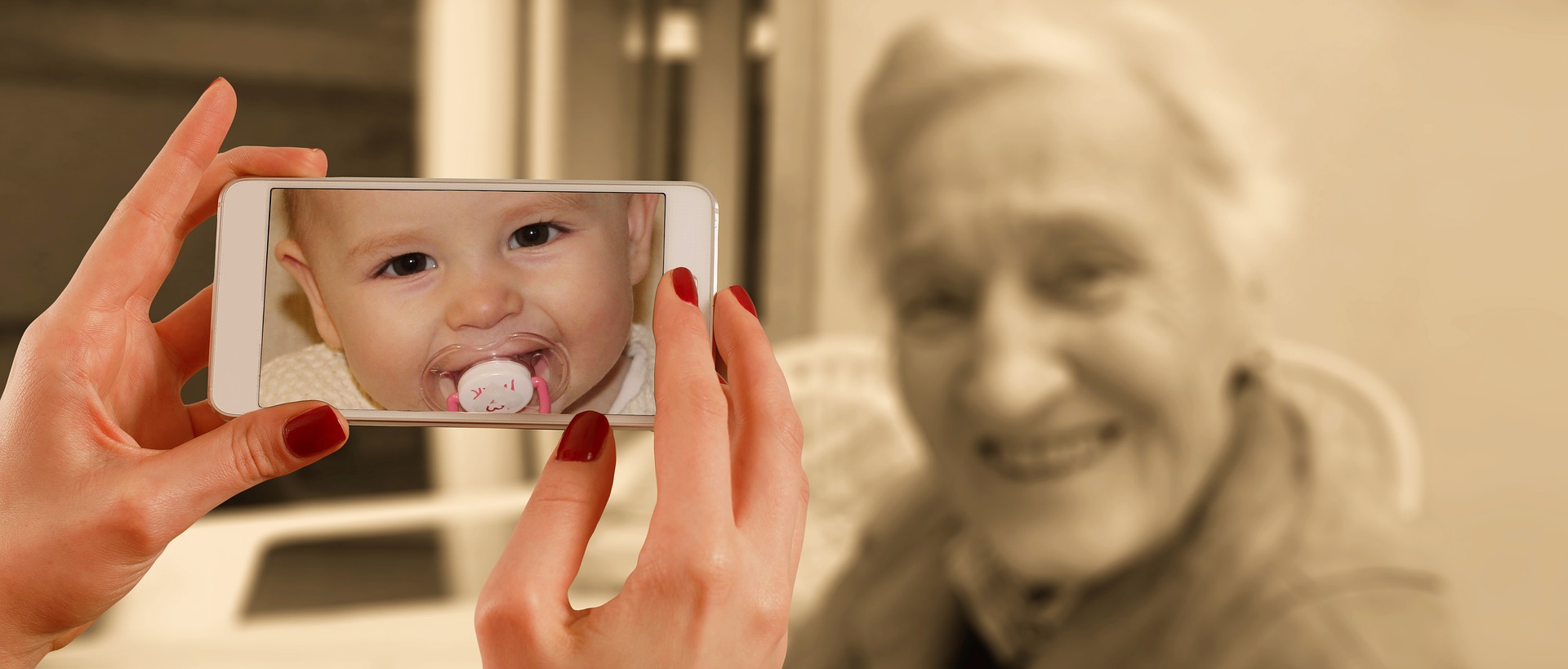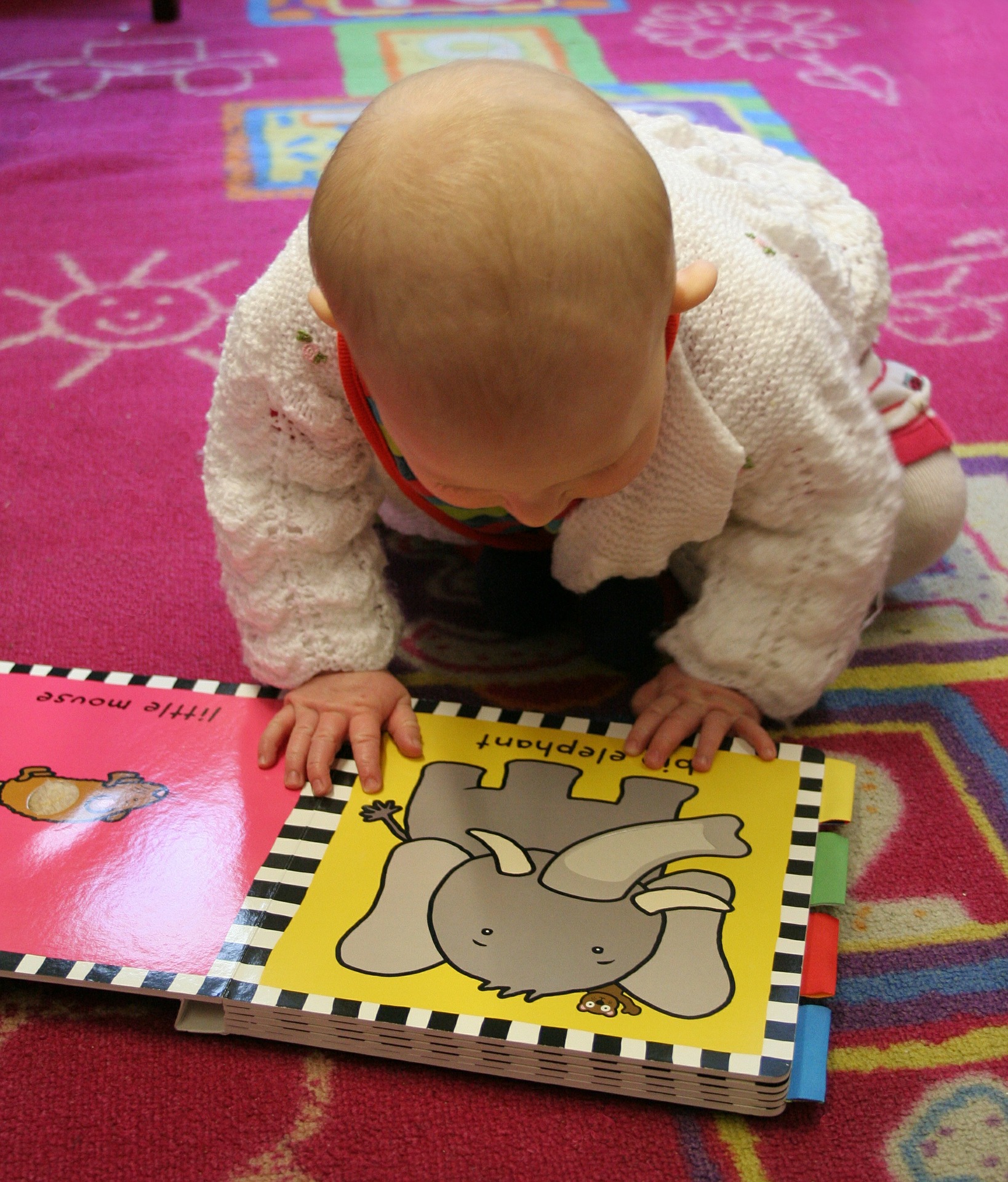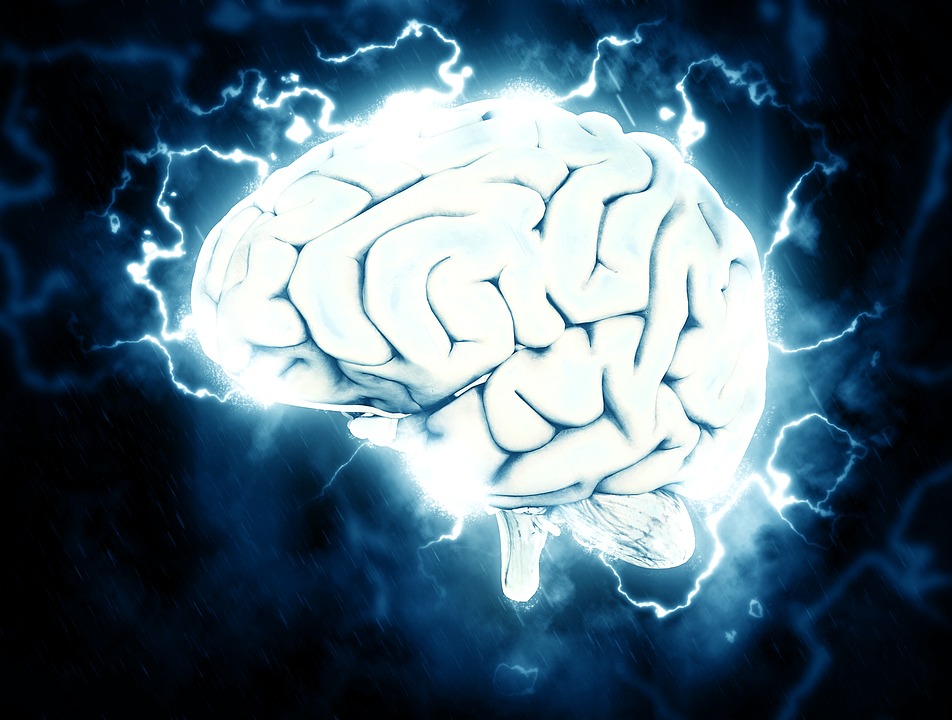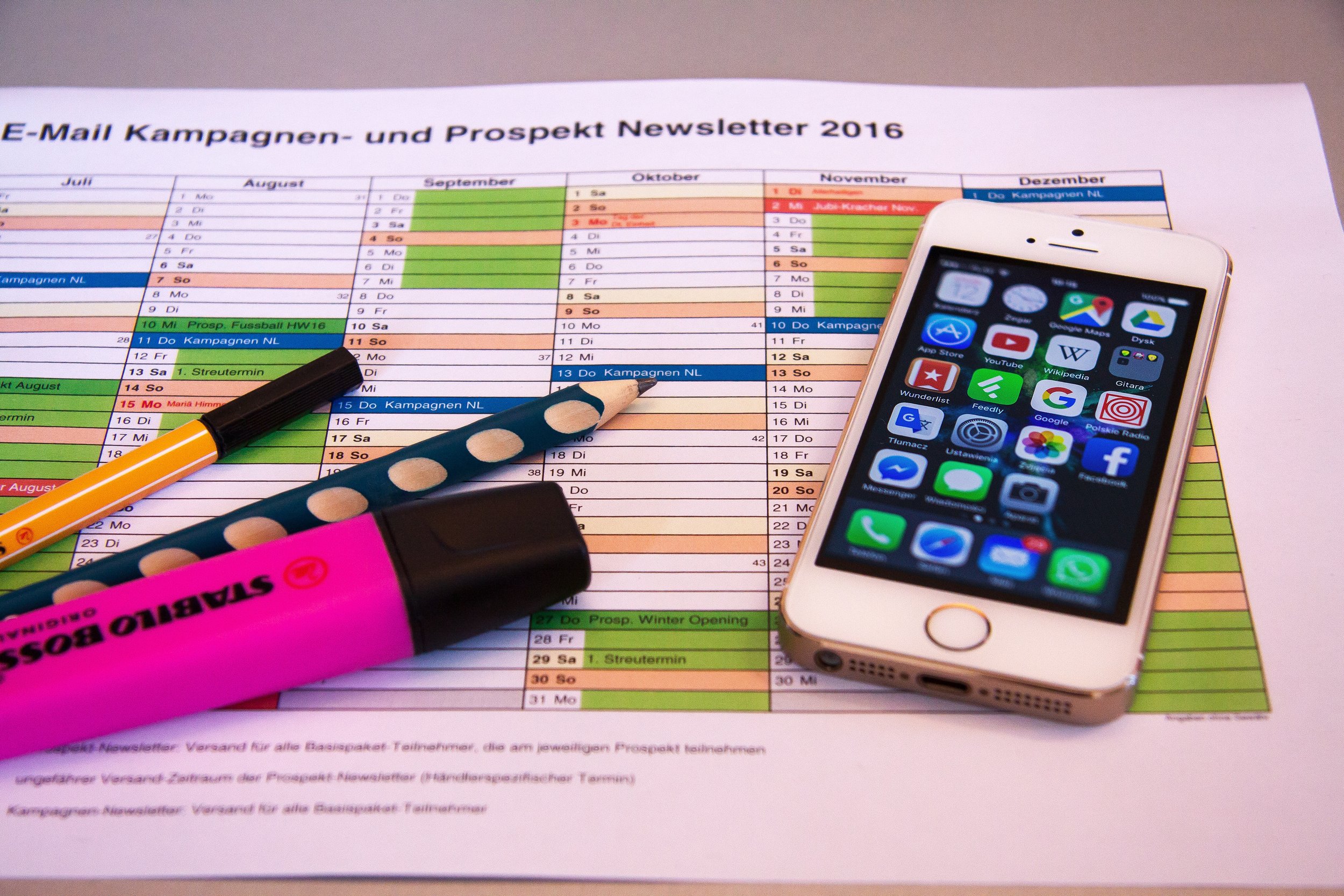-
MythBusters: Big Words Make You Sound Smart!

Somewhere along the way, we all started believing that if we want to come off as intelligent, we need to use big and flowerly language, and use it often. However, psychological research has investigated this assumption, and the results are surprising.
-
Understanding Cellular Aging

In my last article, I talked about epigenetics and how we can measure epigenetic changes (read here if you missed it). Now we’re moving on to the good stuff—how we assess epigenetic aging and what it means for biological and psychological research. Many Different Clocks With about 20,000 protein-coding genes, there is a big…
-
Do Our Cells Age as Quickly as We Do?

Measuring Chronological Age Aging is something that we all experience, but that we still struggle to understand. We know that aging is natural and allows us to mature, and is ultimately related to natural mortality. Many researchers have sought to develop a measure for aging in our cells. A measure of aging can help us…
-
Psychological Science Is Not Broken — It’s Maturing

At approximately 150 years of age, psychological science is an infant among elders. For someone like myself, this is precisely what makes psychological science so invigorating. We stand on the shoulders of giants in scientific history, but we are also in unchartered waters.
-
How can we learn about infant learning?

Infants learn an incredible amount in the first two years of life. But how can we investigate how and when infants learn about various aspects of the world around them?
-
Polyvagal Theory Part 2: The Stress Response

Polyvagal Theory In the first article in this series (read here if you missed it!), we got an overview of the vagus nerve and its role in stress physiology. In this second article, we will go through the specific stages of the stress response in polyvagal theory. These stages, in order from least to most…
-
Let’s fight (the bad guys): Do superheroes teach kids good or evil?

Everyone loves a good superhero story. Superheroes have been a fixture in American pop culture for decades, but in the past 10-15 years we’ve witnessed a resurgence of superhero mania. Between movies, TV shows, toys, and even national conventions, the superhero fever is real. Given that superhero stories are characterized by themes of fighting against…
-
A look behind a changing mind

What’s going on in the brain when someone does change their mind? Understanding neural systems underlying belief maintenance can bring scientists closer to communicating new research in a way that makes people more amenable to updating their beliefs.
-
The Teen Sleep Epidemic: Biology and School Start Times

“It’s too expensive to start the school day later.” “Extracurriculars will suffer if we start school later.” “We shouldn’t coddle teens by pushing school start times.” These are just some of the arguments against later school start times for teens. Although the public has become increasingly aware of the sleep deprivation epidemic among teens in…
